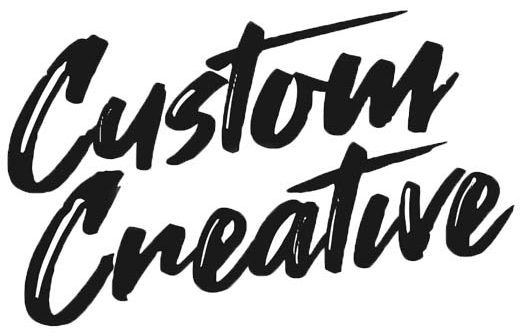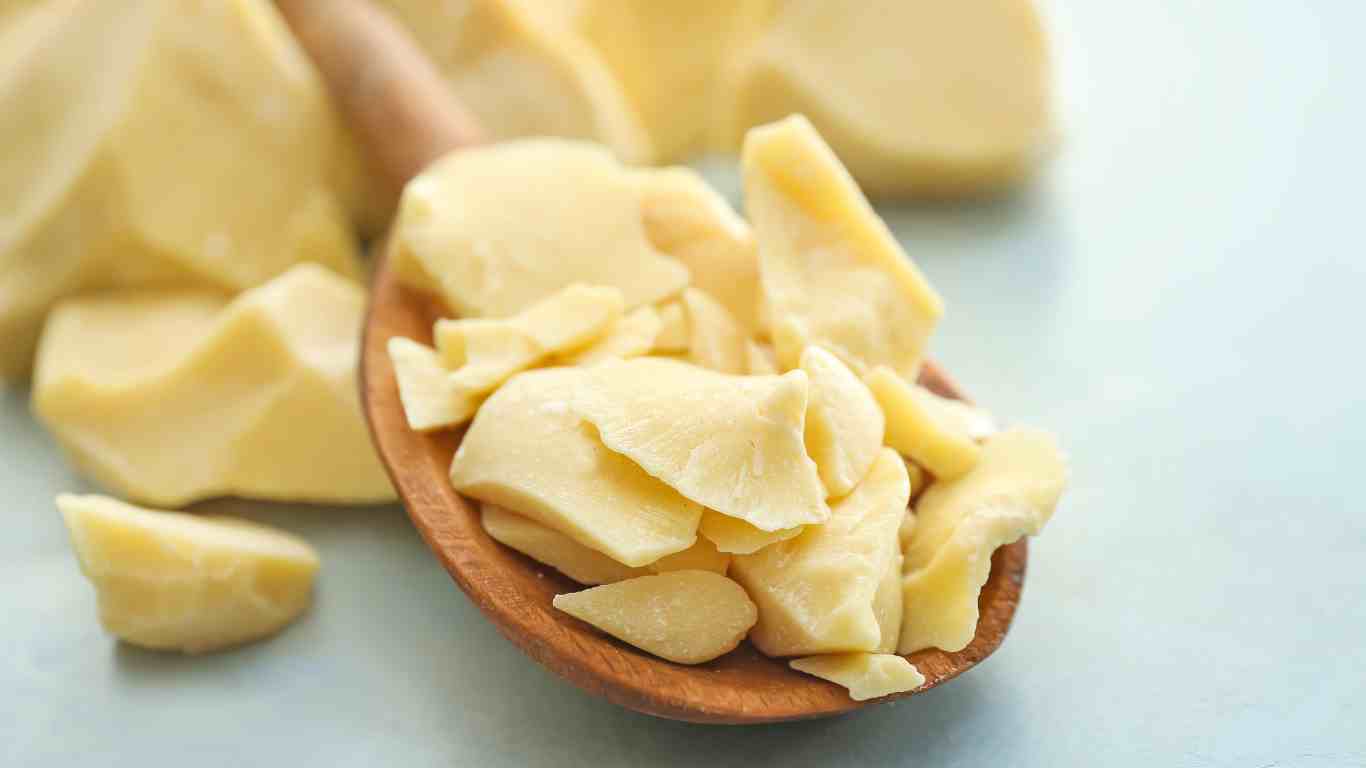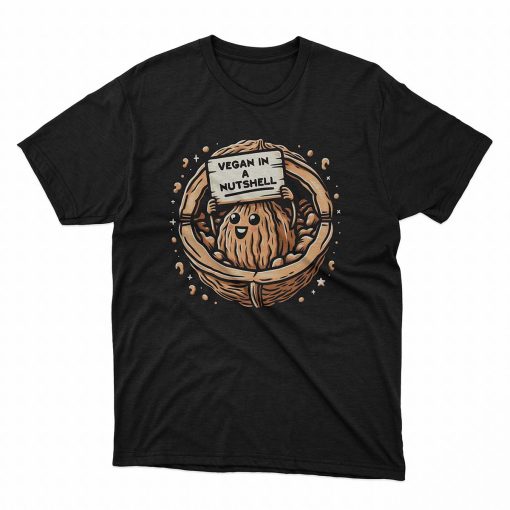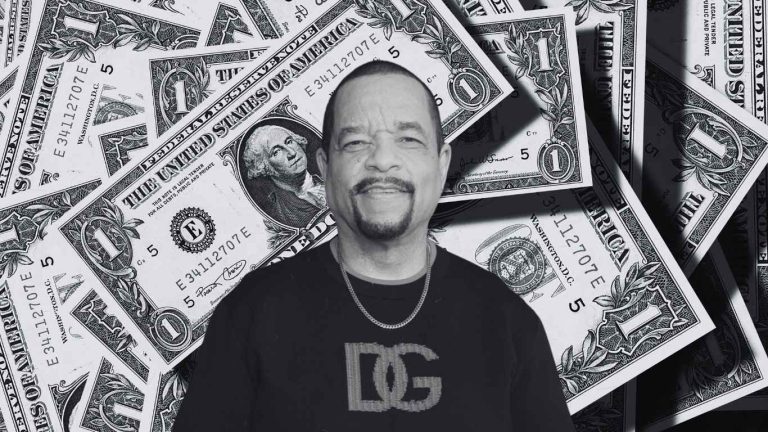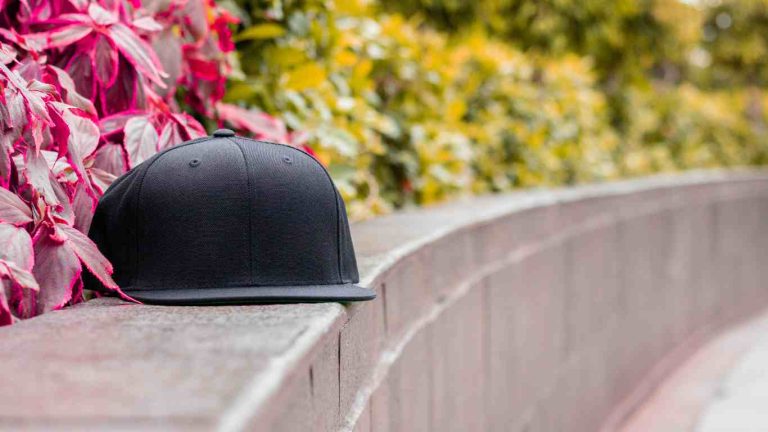Cocoa Butter: Is It Vegan-Friendly? Find Out Now!
Amidst the galaxy of vegan options, here’s one that might surprise you: the lush, creamy cocoa butter, a staple in both the culinary and beauty worlds, is indeed vegan. This plant-based powerhouse originates from the seeds of the Theobroma cacao tree and boasts a cruelty-free badge, making it a delightful surprise for those nurturing a vegan lifestyle. While its name might imply otherwise — conjuring images of dairy products — rest assured, is cocoa butter vegan? Yes, in its natural state, it certainly is.
Plant-based cocoa butter is a beloved ingredient in a myriad number of products, from the luxuriously smooth chocolates that melt in your mouth to the soothing vegan beauty products with cocoa butter that pamper your skin. The key, however, is to maintain vigilance — ensuring that this cruelty-free ingredient remains untainted by non-vegan additives.
Now that you’re acquainted with the vegan creds of cocoa butter, let’s delve deeper into what makes it a cruelty-free cocoa butter choice for your plant-based endeavors. It’s time to decode this velvety ingredient and embrace its vegan potential effortlessly.
is cocoa butter vegan?
Understanding Cocoa Butter and Its Origins
Delving into the world of vegan skincare ingredients, it’s essential to explore the fundamental components that make up our favorite products. Among these, cocoa butter stands out as an ethical choice for the conscientious consumer. But before you can fully appreciate its value, you need to understand what it is and where it comes from.
What Exactly Is Cocoa Butter?
Cocoa butter, recognized for its moisturizing and healing properties, is a stable, edible vegetable fat extracted from cocoa beans. This pale yellow extract is a celebrated vegan skincare ingredient, lauded for its ability to nourish and repair the skin.
The Journey from Cacao Tree to Cocoa Butter
The process from seed to butter begins with the humble cacao tree. Cocoa beans are harvested, fermented, dried, and then roasted, a ritual that has been honed over centuries. Post-roasting, these beans yield a rich fat—cocoa butter—prized for its melting point that is just below human body temperature, making it a perfect match for skincare applications.
Common Uses of Cocoa Butter in Products
While its efficacy in vegan skincare cannot be overstated, cocoa butter is versatile. Beyond lotions and creams, it plays a significant role in the chocolate industry. As a cocoa butter vegan option, it imparts a creamy texture and distinctive taste to chocolates and confections, without compromising ethical standards. Cocoa butter’s widespread use reaffirms its role as a reliable vegan ingredient for various consumer products.
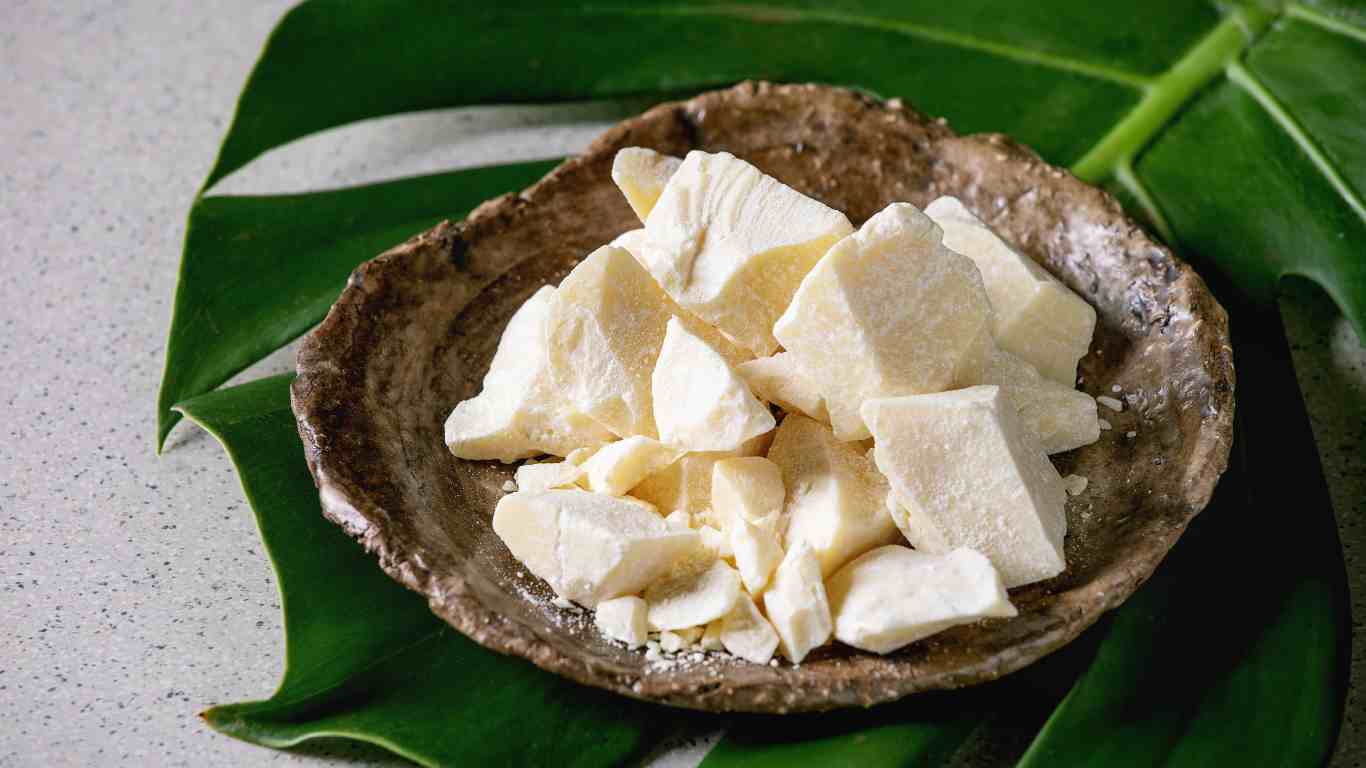
Is Cocoa Butter Vegan? Insights and Considerations
When you’re scouring the shelves for vegan beauty products with cocoa butter, it’s encouraging to know that the key ingredient, cocoa butter, starts as a cocoa butter vegan option. Pure and unprocessed, it emerges from the cocoa pods as a beacon of plant-based purity. This luscious, creamy substance is a gift from nature, delivering all its moisturizing excellence without a hint of animal byproduct.
However, the twist in the tale arises when cocoa butter wades into the vast world of consumer goods. Your chocolate bar may boast a vegan label, but the presence of milk or butter oil could revoke its vegan passport faster than you can say “plant-based.” Discerning eyes are your best allies here, poring over labels to spot the vegan imposters.
Let’s delve into a guide designed to help you navigate the complex world of products containing this sublime ingredient:
- Always read the ingredients list – if there’s a dairy derivative, it’s not true vegan.
- Look for certifications like Vegan Action or The Vegan Society for third-party verification.
- Conduct brand research – some are transparent about their vegan processes and sourcing.
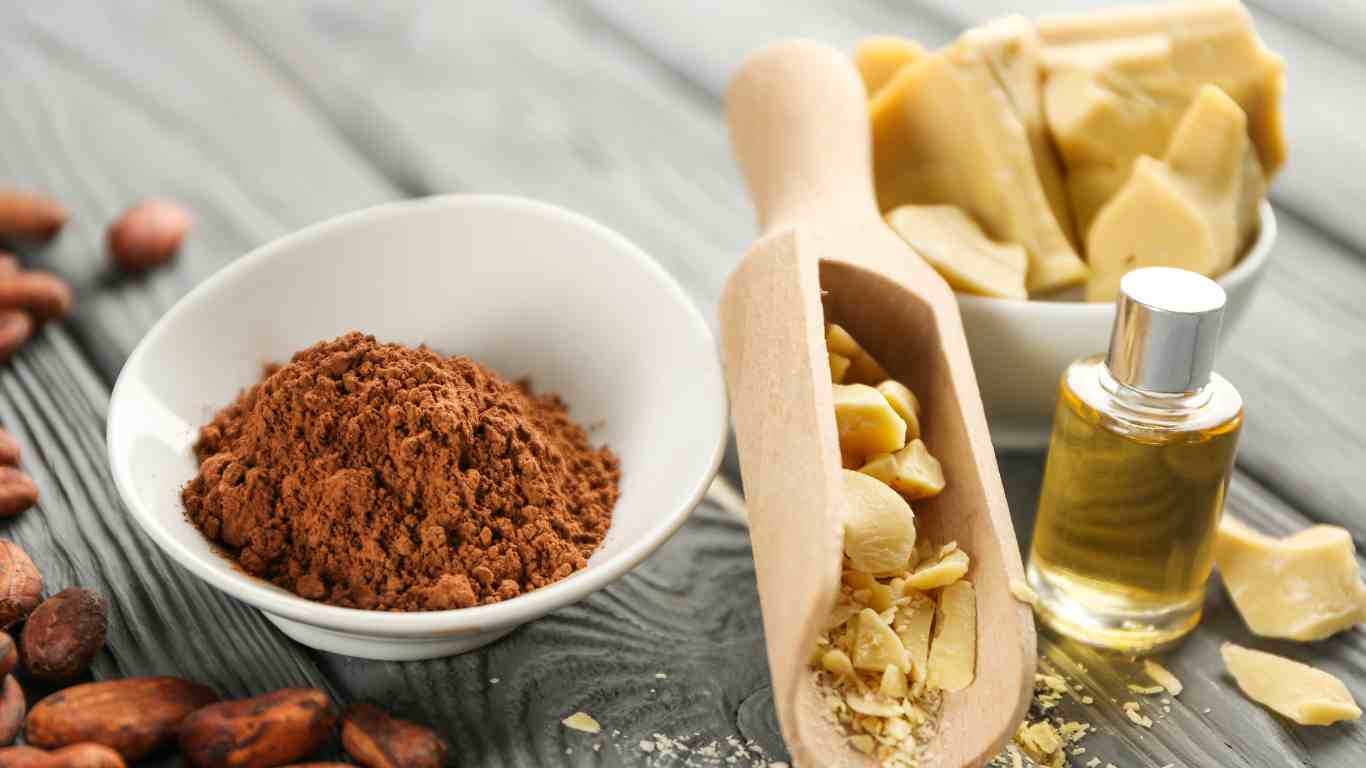
Consider this hypothetical scenario: imagine a chocolate bar, its wrapper glistening with promises of “pure cocoa bliss.” Inside, finely milled cocoa butter melds with dairy to create a confection that can’t meet the vegan standard. Now, picture a vegan-friendly alternative where soy, almond, or rice milk takes dairy’s place, allowing the cocoa butter to retain its vegan crown.
There’s no doubt, choices matter, and the below table illustrates just how they can vary:
| Product Type | Vegan-Friendly Version | Non-Vegan Ingredient to Avoid |
|---|---|---|
| Lip Balm | Cocoa butter with plant-based oils | Beeswax or lanolin |
| Body Lotion | Cocoa butter with shea and essential oils | Keratin or collagen |
| Chocolate Bars | Dark chocolate with cocoa butter and coconut sugar | Milk solids or milk fat |
In summary, the vegan integrity of cocoa butter remains untarnished in its unadulterated state. Still, the discerning vegan adventurer must remain vigilant, understanding that not all that glitters in the world of cocoa butter is gold. Knowledge is power—equip yourself with it to ensure your choices align with your compassionate lifestyle.
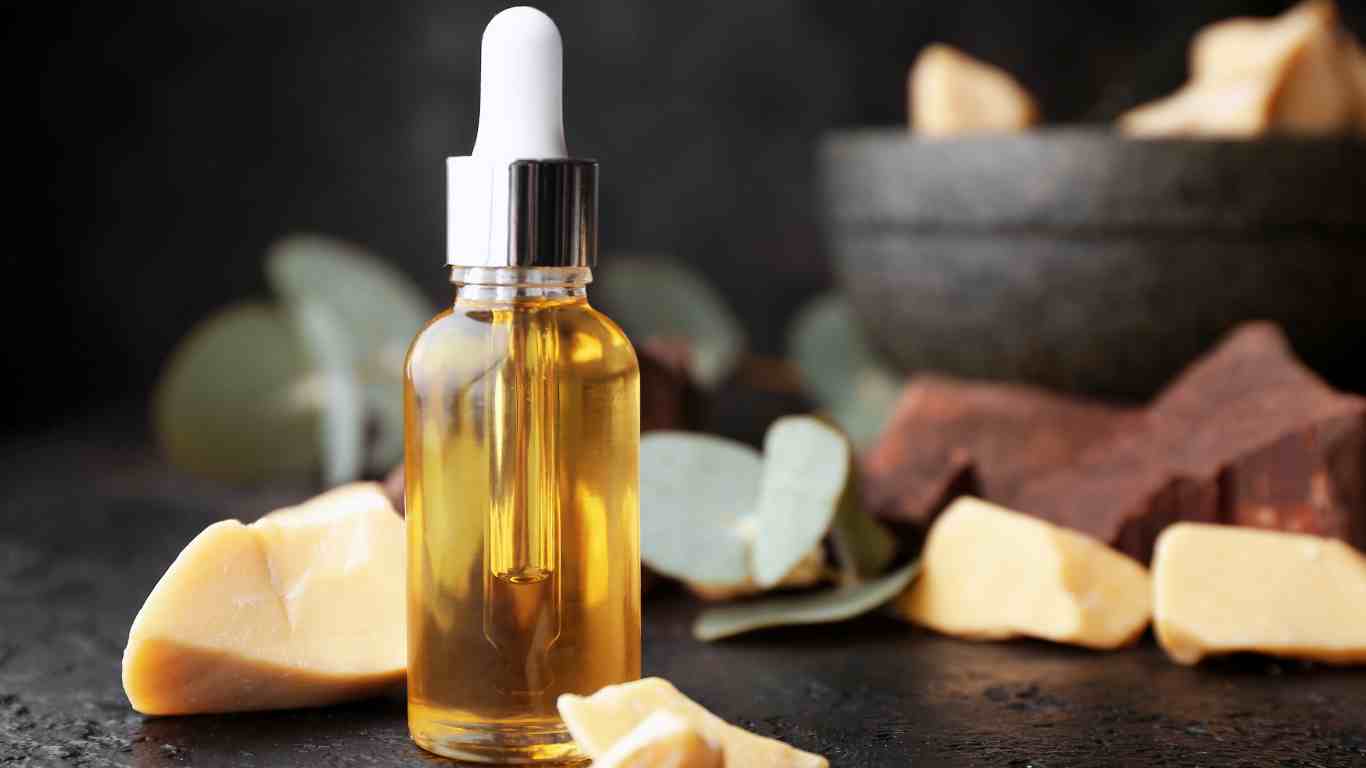
Decoding Ingredients: When Cocoa Butter Isn’t Vegan
When you’re scrutinizing product labels in the grocery aisle, have you ever pondered, “Does cocoa butter contain dairy or gluten?” While the answer is simple when it comes to pure cocoa butter—no, it does not inherently include these allergens—the landscape becomes more complex with processed foods and cosmetics. As a mindful consumer, understanding the blends and pairings of cocoa butter in various products is crucial to maintaining a vegan and gluten-free lifestyle.
The purity of cocoa butter can be overshadowed when it merges with non-vegan elements, particularly dairy. This inclusion is prevalent in a range of beloved treats, particularly those chocolate-based delights that offer a creamy taste. On the other hand, cocoa butter’s gluten status is equally essential for those with dietary restrictions. Although cocoa butter does not contain gluten, it is often processed in facilities that handle gluten-containing products, raising concerns about cross-contamination.
Below is a comparative table that you might find helpful when determining the vegan and gluten-free status of products containing cocoa butter:
| Product Type | Vegan-Friendly Ingredients | Non-Vegan Ingredients to Watch For | Gluten Concerns |
|---|---|---|---|
| Dark Chocolate | Natural cocoa butter, Cocoa solids, Sugar | Milkfat, Whey, Butter oil | Possible cross-contamination in facilities |
| Milk/White Chocolate | Natural cocoa butter | Milk, Milk solids, Butterfat | Gluten-containing additives like malt |
| Skincare Products | Plant-based oils, Natural preservatives | Honey, Lanolin, Beeswax | May contain gluten-derived ingredients |
| Baked Goods | Cocoa butter as a fat replacement | Eggs, Dairy butter, Gelatin | Wheat flour, Barley malt extract |
To sidestep any unwelcome surprises, always conduct a thorough label inspection to safeguard your diet and ethical choices. And remember, when in doubt, a direct inquiry to manufacturers about their processing practices can illuminate the path to conscious consumption.
Cocoa Butter in Vegan Skincare: Cruelty-Free or Not?
When you’re looking for a high-quality vegan skincare ingredient, cocoa butter frequently takes center stage. Renowned for its hydrating and skin-healing properties, cocoa butter has become a celebrated staple in vegan beauty products. But, not all cocoa butter-laden products hold equal status in the realm of cruelty-free ethics.
The Role of Cocoa Butter in Vegan Beauty Products
Cocoa butter enters the vegan skincare world with a reputation as a powerful hydrator. Its rich content of essential fatty acids helps to nourish and protect your skin, often proving indispensable in healing creams, vegan lip balms, and other personal care items. As a cruelty-free cocoa butter devotee, you can bask in the ingredient’s natural abilities to promote smooth, soft, and elastic skin.
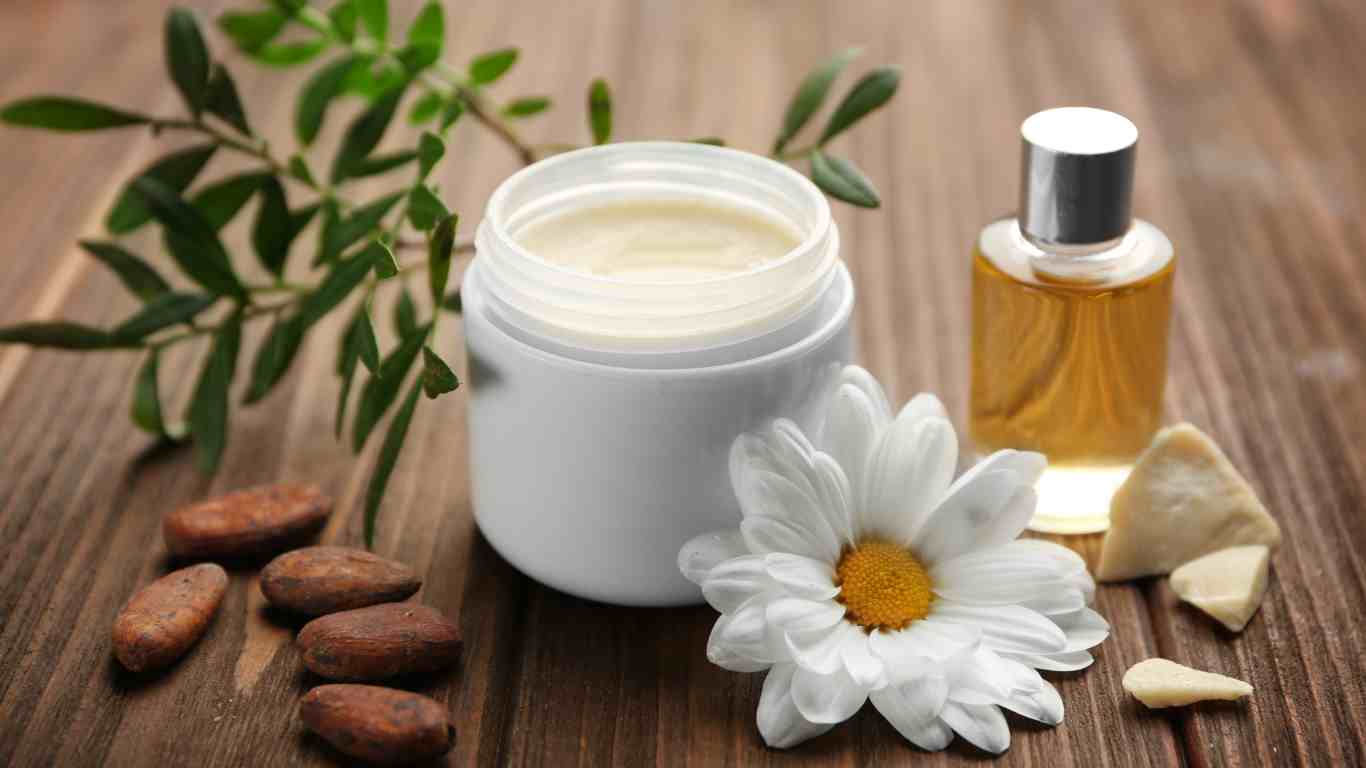
Finding Vegan Skincare Products with Cocoa Butter
For those dedicated to compassionate choices, finding genuine cruelty-free cocoa butter products necessitates a thorough ingredient examination. The addition of non-vegan additives or a history of animal testing can undercut the vegan promise. By scrutinizing product labels and company ethos, you can indulge your skin with peace of mind.
Vegan Alternatives to Cocoa Butter in Beauty Products
Should you find yourself exploring beyond cocoa butter, a host of vegan alternatives awaits. Plant-based substitutes such as mango, shea, and cupuaçu butters offer similar benefits without straying from vegan convictions. These alternatives each bring their own unique profile of vitamins and fatty acids suitable for different skin types and concerns.
| Vegan Skincare Ingredient | Characteristics | Benefits |
|---|---|---|
| Cocoa Butter | Rich in fatty acids and hydrating properties | Deep moisturization, heals dry skin |
| Mango Butter | Light texture, vitamins A and C | Brightens skin, soothes sunburn |
| Shea Butter | High in vitamins A, E, and F | Reduces inflammation, restores skin elasticity |
| Cupuaçu Butter | Rich in polyphenols, more hydrating than lanolin | Supports skin elasticity, offers sun protection |
In your pursuit of a radiant complexion with a clear conscience, remember that the power lies in your choices. Opting for vegan skincare ingredients and cruelty-free cocoa butter is not just about looking good—it’s a statement of your values. And when the need arises for vegan alternatives to cocoa butter, know that nature has provided an abundance of options, all waiting to pamper your skin.
SIGN UP FOR NEWSLETTER
Sign up to receive email updates on new product announcements, gift ideas, special promotions, sales and more.
Final Remarks
As we sift through the myriad of food and skincare products lining the shelves, a key question often arises for those committed to a plant-based lifestyle: is cocoa butter vegan? The answer is clear and reassuring. Sourced from the cacao plant, cocoa butter in its pure, unrefined form is indeed vegan and stands as a testament to cruelty-free consumption. Its rich texture and nourishing properties make it a preferred ingredient in a variety of vegan-friendly products, emphasizing the plant’s natural bounty.
Final Thoughts on Cocoa Butter’s Vegan Status
As you’ve learned, while cocoa butter is inherently a plant-based cocoa butter, its vegan credibility can be compromised when entangled with non-vegan additives in certain products. It’s the responsibility of informed consumers like you to delve into product labels with a discerning eye. This ensures that your ethical standards are not undermined by hidden ingredients that stray from the vegan path.
Key Takeaways for Conscious Consumers
To embody the principles you stand for, it is essential to explore vegan cocoa butter alternatives or other plant-based cocoa butters if there’s any doubt about a product’s purity. Vigilance in this regard is not only about personal health but is also a broader statement of your support for cruelty-free practices throughout the consumer goods industry. Remember, the true essence of adopting a vegan lifestyle is realized in making these informed, conscious choices every day, thereby nurturing a more compassionate and sustainable world.
FAQ
Is cocoa butter vegan?
Yes, cocoa butter is vegan as it is extracted from the seeds of the cacao tree, making it a plant-based product with no animal derivatives in its natural state.
What exactly is cocoa butter?
Cocoa butter, also known as theobroma oil, is a natural, edible fat that comes from cocoa bean seeds. It solidifies at room temperature and is known for its rich flavor and moisturizing properties.
Can I find vegan beauty products with cocoa butter?
Absolutely! Many vegan beauty products include cocoa butter for its hydrating benefits. However, always check the labels to ensure they don’t contain non-vegan additives or weren’t tested on animals.
Does cocoa butter contain dairy or gluten?
Pure cocoa butter does not contain dairy or gluten. However, when included in processed goods, it could be combined with dairy, gluten, or other non-vegan ingredients. It’s important to review product components to confirm their vegan status.
How do I ensure that a cocoa butter product is vegan?
To ensure a product with cocoa butter is vegan, you should read the ingredient list for hidden animal-derived items or gluten and check for certifications or brand ethical practices that align with vegan standards.
Are there vegan alternatives to cocoa butter in beauty products?
Yes, there are vegan alternatives such as shea butter, mango butter, and coconut oil that can serve similar functions as cocoa butter in moisturizing and protecting the skin.
What is the role of cocoa butter in vegan beauty products?
Cocoa butter serves as a potent moisturizer due to its rich content of fatty acids. It’s effectively used in vegan beauty products for hydrating the skin, lips, and even for healing creams.
How can I find cruelty-free cocoa butter?
Look for cocoa butter products with certifications from cruelty-free organizations and those that clearly state they do not test on animals. You can also support brands known for their ethical practices.
🎧 Never Miss a Drop
Exclusive product releases, hip-hop deep dives, and member-only discounts. Straight to your inbox.
Free forever. No spam. Unsubscribe anytime.

Get the Culture, Delivered
Deep dives into hip-hop history, exclusive product drops, and discounts sent straight to your inbox. No spam, just culture.
Join 2,000+ hip-hop heads already in the loop. Unsubscribe anytime.
